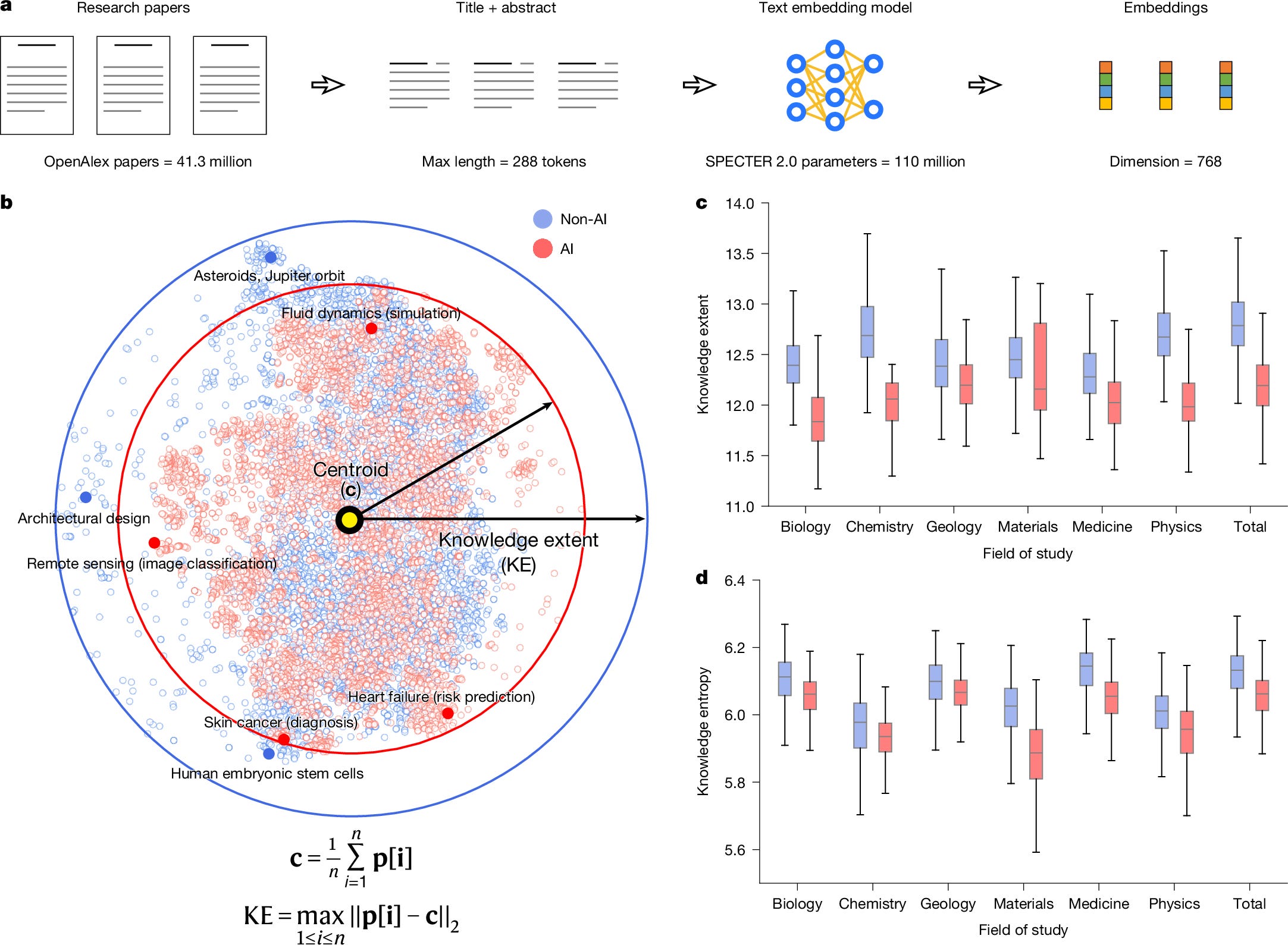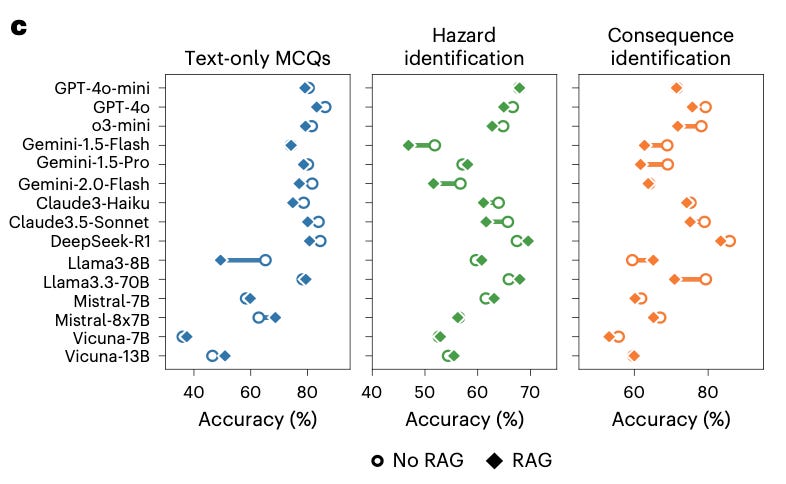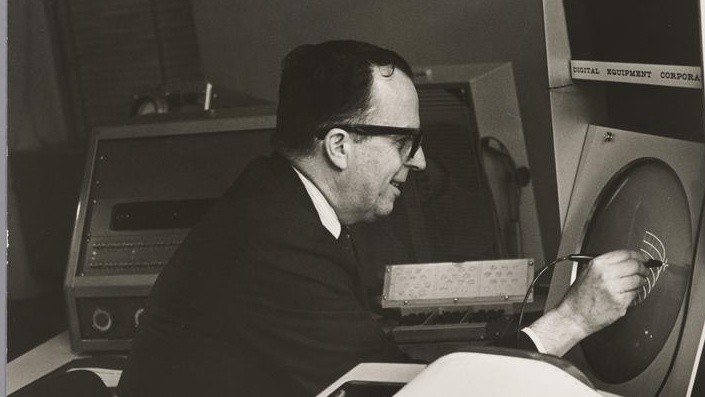
Der Diamond Open Access Standard (DOAS), der praktikable Kriterien für die Veröffentlichung wissenschaftlicher Zeitschriften festlegt, steht der Community jetzt auch auf Deutsch zur Verfügung. Die im DOAS formulierten Qualitätskriterien berücksichtigen über 70 aktuelle nationale und internationale Publikationsrichtlinien und wurden im intensiven Austausch mit der europäischen Diamond Open Access Community entwickelt.





